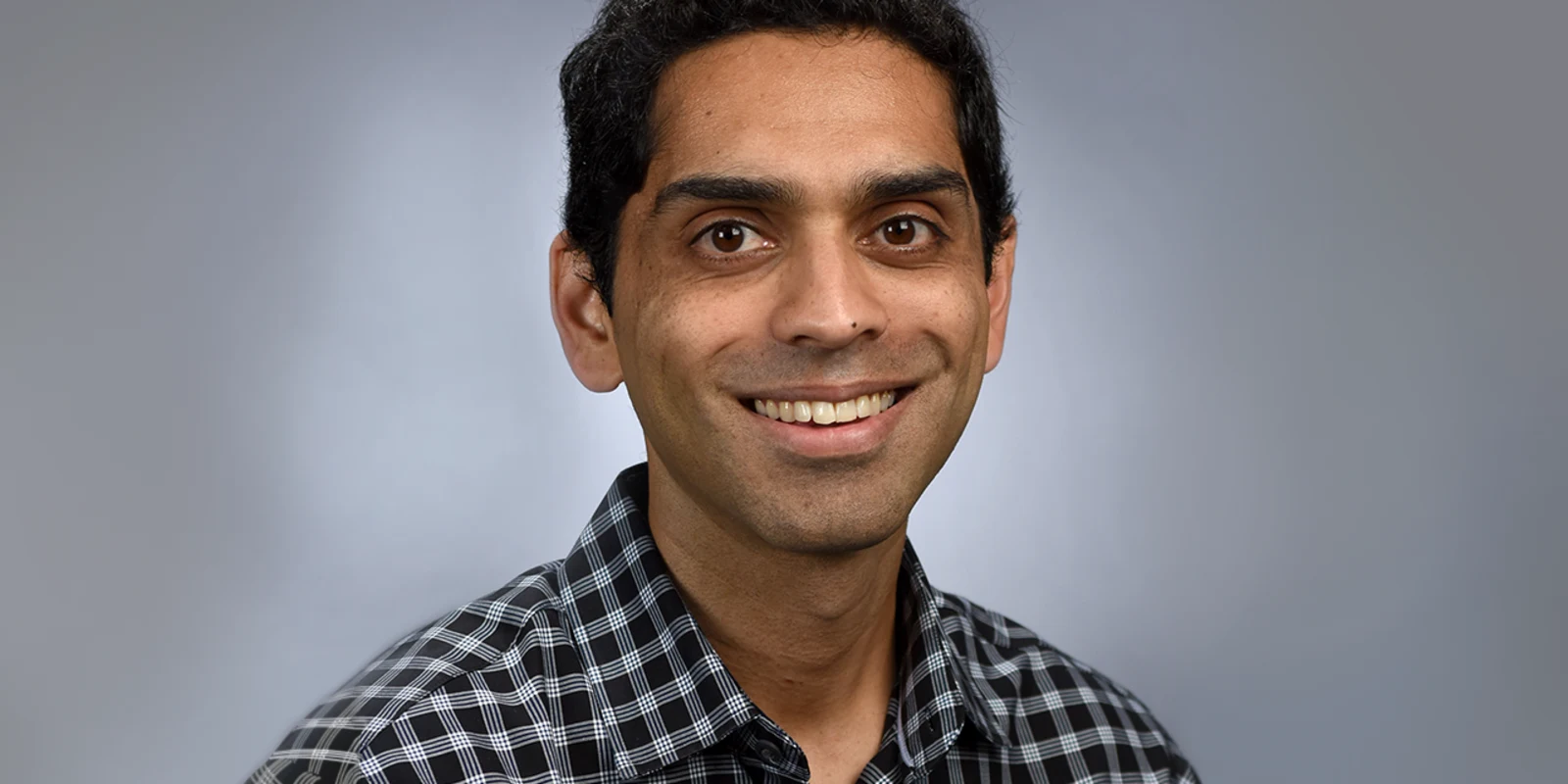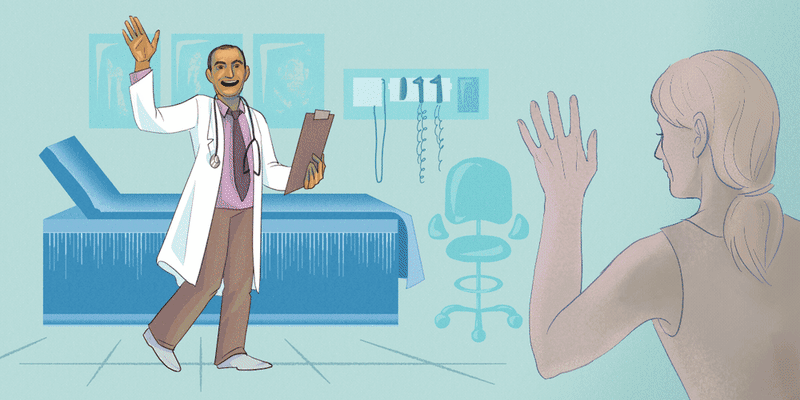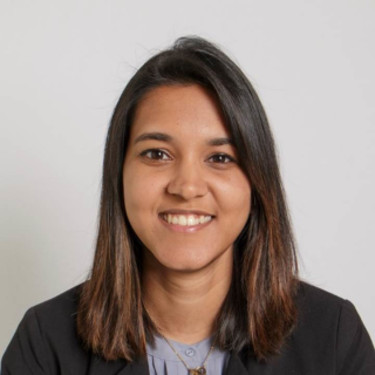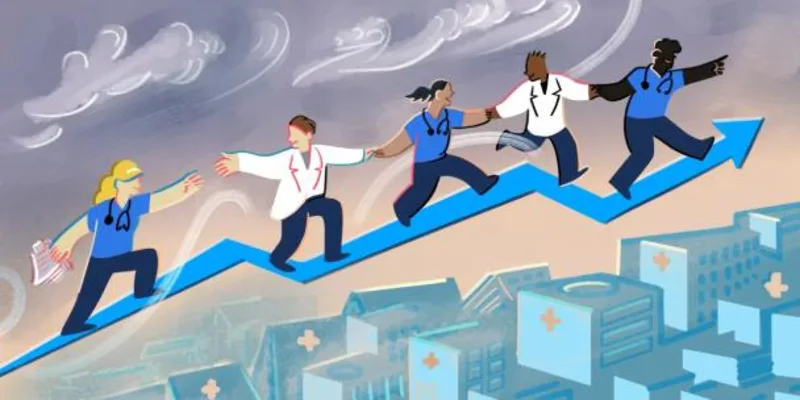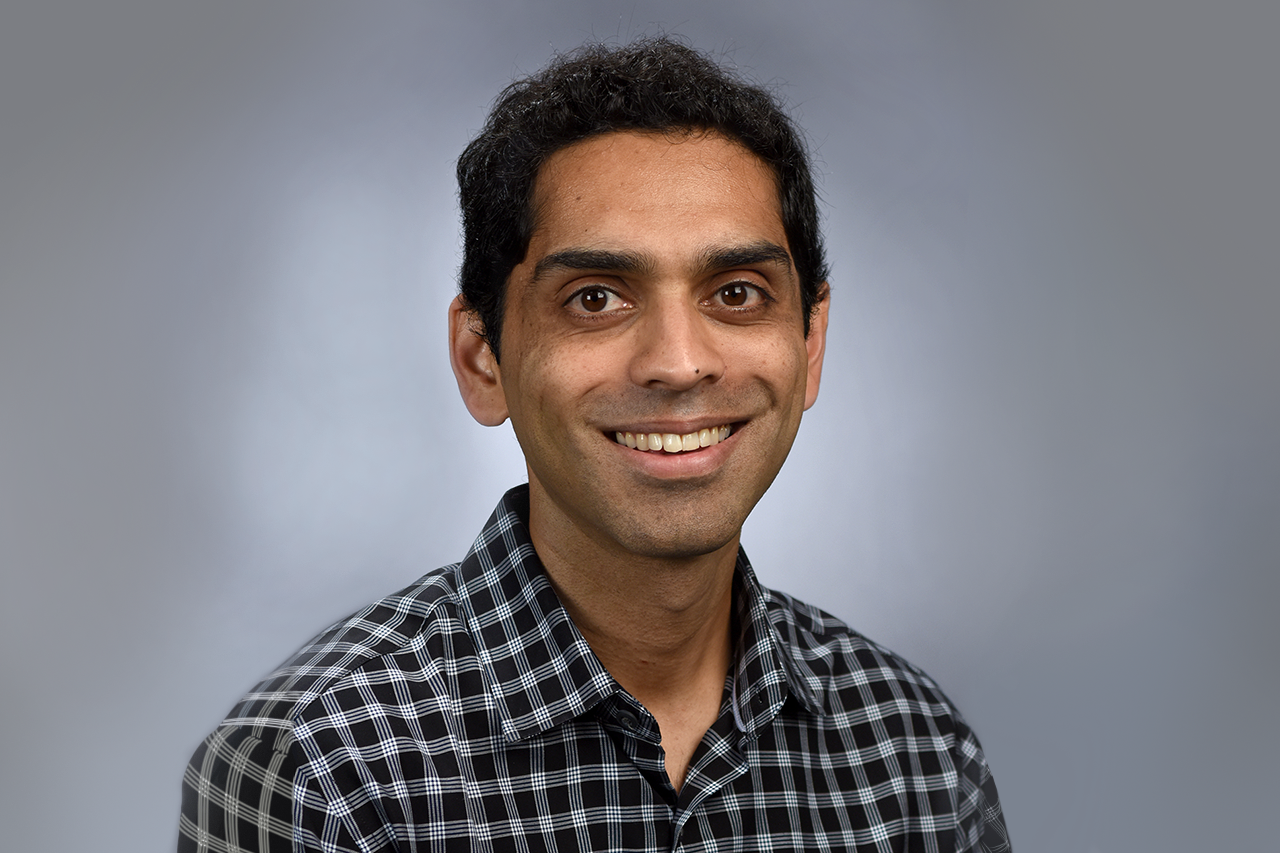
Name: Saurabh Sharma, MD
Specialty: Neurology
Education: McLean Hospital, Massachusetts General Hospital, Drexel University — Hahnemann University Hospital, Lincoln Medical and Mental Health Center, St. George’s University School of Medicine, University of California, Irvine
Areas of Expertise: Hospital/Neurohospitalist, Neurodegenerative, Dementia & Geriatrics
Current Position: Neurologist
1. Why did you choose neurology?
My decision to pursue medicine, and eventually neurology, was a product of many events. When I was 14, I witnessed my previously healthy father succumb to a stroke before my eyes. At that time, I didn’t even know what a stroke was. Shortly thereafter, I decided to study medicine. In my second semester of medical school training, I remember being fascinated learning about auras, seizures, and limbic system disorders. I was intrigued by the notion that perceptions (sensations, tastes, smells), emotions (such as anger, pleasure, or apathy), and even behavior (disinhibition, impulsivity), could be involuntarily evoked. We are literally a product of our minds, yet this line between our conscious and unconscious states is incredibly fragile. This curiosity, my father’s passing, and my clinical experience with patients later in medical school all led me to pursue a neurology residency.
2. What area of your specialty is changing most rapidly?
There is no easy answer to this question! I have found that most subspecialties of neurology are evolving rapidly. The drive to find better interventions and treatment options for headaches, pain syndromes, multiple sclerosis, seizures, movement disorders, etc., continues every day. Each year bring newer and newer options. The one area that has probably borne the most research and received the most funding, however, is dementia. Currently, 1 in 10 seniors above 65 years of age have dementia, and this number is expected to double or triple in the coming years. Massive efforts to better diagnose and treat this condition are underway across the globe. In terms of affecting actual change in management, vascular/interventional neurology is the field that been the most revolutionary in recent years. Endovascular techniques and newer drugs are changing the way we treat and prevent strokes and their progression. This has evolved into a multi-disciplinary approach, bringing together neurologists, radiologists, and neurosurgeons.
3. What is the last journal article or piece of research that significantly changed your practice?
I can’t say there has been one particular article that has re-shaped the way I practice. However, there has been a documentary which has shifted my understanding and approach to medicine and chronic diseases. I saw Forks Over Knives a few years ago and I was truly impressed by the science laid out in the film. Indeed, a growing body of science indicates that a whole foods, plant-based diet effects powerful cardiovascular and anti-inflammatory changes. Often, these changes have produced outcomes not even seen with common pharmaceuticals. Many leading physicians in leading institutions throughout the country — from cardiologists to surgeons — have embraced this approach. I would like to become more involved in this research and implement this into my personal and professional practice.
4. What are your research interests?
I am interested in exploring the role of neurological diseases in mental health and human behavior, especially as it pertains to societal implications and the potential for impacts to our legal system. While psychiatry has largely bridged this gap until now, we are beginning to understand the significant contributions of neurological illnesses too. Psychiatry and neurology are beginning to re-merge. Recent insights into brain “injury,” whether it be Chronic Traumatic Encephalopathy (CTE) or various forms of dementia with behavioral disturbances, highlight the importance of raising public awareness about brain health and the impacts on community well-being.
5. Outside of your daily practice, do you have any personal or professional projects that you’re passionate about?
Starting my first job this year as an attending physician has brought about great responsibility and time commitment. However, when time permits, I like to keep my body physically active. I truly believe fitness is a powerful tool to combat stress, and I regularly go to the gym no matter how busy my schedule. I have also found yoga to be particularly relaxing.
6. What is a common misconception that other clinicians have about neurology?
I actually wrote an entire article on Doximity’s Op-Med addressing this very question! The short answer is — many (including myself during medical school) think neurologists only diagnose patients and cannot do much in the way of actual treatments or cures. This is inaccurate and I would refer readers to my article to see why!
7. Who are your mentors?
I have learned a lot through the years from a multitude of elders, including family members and teachers, and of course the many physicians I trained with and under. Each one has contributed something unique to my personal and professional development. However, at the end of the day, the patients I see in the hospital and clinic on a daily basis have taught me the most. They have taught me when I was wrong, and when I was right. They have taught me what medications work, and which aren’t as effective, in various clinical situations. They have taught be to be patient and to be kind. In many instances, they have even given me hope.
8. What’s the best advice you’ve ever received?
Unless it comes to your health, don’t sweat the small stuff. Thanks to this advice, I try to remind myself that when little mishaps and spills occur, it’s not worth ruining my mood or anyone else’s. Instead, use these experiences as opportunities to learn from. Forgive one another, and you will maximize your happiness.
9. What has been your most gratifying moment of being a clinician?
In my last year of residency in Philadelphia, I took care of a 50-something year old male who suffered a catastrophic stroke involving the entire right hemisphere of his brain, rendering him unconscious and paralyzed on the left side of his body. There was some debate over whether or not to perform an emergent hemicraniectomy (partial skull removal), with some doctors arguing that such efforts would be futile. Others posited that even if this man survived, his level of disability would be so great, and his quality of life so poor, that it would be unfair to put him through the operation. Indeed, this has long been a controversial procedure. The family and consulting neurosurgeon ultimately agreed to do the operation, which was performed without complication.
For the next 5 days, we waited and watched. The man was a practicing Buddhist, and the family regularly brought in Buddhist monks into his room to pray. Their daily chanting filled the rooms and halls of the ICU with a sound and feeling of mysticism, somberness, hope, and peace. On day 5, my patient opened his eyes and showed me his thumb on command. The swelling in his brain had decreased, reviving his consciousness and motor function. Within a week, he was out of the ICU, and within a couple of months, though wheelchair bound, he was talking with his family. In neurology, it often does not get much more gratifying than this.
10. With medicine sub-specializing at fast pace, how do you deal with issues that arise and how has it impacted your ability to care for your patients?
While I specialize in cognitive and behavioral symptoms, I do see an equal number of patients with other neurological problems. I’m fortunate that in my current practice, there are sub-specialists at every level within neurology. While I do my best to manage patients on my own, if their clinical course becomes more complex, I do not hesitate to consult a colleague more specialized in the disease. The same can be said about colleagues who refer patients to me. One problem that can arise, however, is that primary physicians and specialists at every level can fall into a pattern of referring too often, and sometimes without even doing a basic workup/evaluation. Though referring may be an ‘easier’ route, over time it can lead one to lose their clinical acumen. Many community and rural hospitals don’t have this luxury, especially as physicians and specialists tend to cluster in larger coastal cities. But what if job circumstances change and all of a sudden you are working for a health system where you are the only physician or specialist on call? You should be willing and able to field whatever comes your way. Bottom line is, consult and refer when needed and required, but don’t be lazy about it.
11. What is the biggest challenge or obstacle in neurology?
Dementia. At the sake of being redundant, I will emphasize again that this is a public health crisis. We have made a lot of strides in the field, but a lot more needs to be done. On the whole, we have become pretty adept at managing seizures, headaches, pain, strokes, multiple sclerosis, etc. Yet while there is still much to be done to advance management of these acute and chronic neurological diseases, we may be the most unarmed in tackling dementia. Why is this disease exploding, and how can we treat it? Should we spend greater efforts on researching these causes in order to work better towards preventing it? It is quite possible that in our lifetime, 1 in 5 young readers of this article will develop this disease — and that’s tremendous cause for alarm.
12. What are your favorite Doximity features and how have they helped your productivity (Dialer, DocNews, Career Navigator, e-Fax, etc.)?
Doximity Dialer is a wonderful tool that allows for protection of my personal phone number. I use it several times a week to call patients from my mobile phone when I am unable to use my work phone. The e-Fax feature is also a neat tool that allows me to have my own number to receive faxes directly to my email/phone. Finally, DocNews gives me a great opportunity to stay up-to-date on recent advances and perspectives within my field. I scroll through many headlines to find the ones that pique my interest, or to review topics I need a refresher on.
